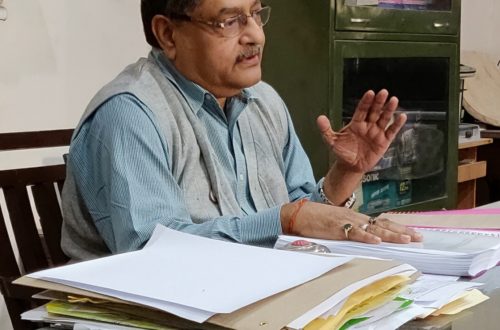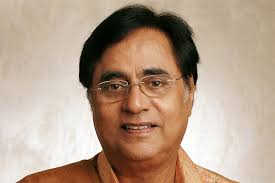Problems of the Postcolonial Regional Novelist
We generally speak of the injustice meted out by colonizing marauders, unleashing suffering upon the natives. But this suffering has rather visible forms, like taking away the riches of the natives or raping their women or inflicting their cultures upon them, and so on. But what I wish to point out is a more subtle form of damage that the colonizer imposes upon the natives. This involves the authors that have mushroomed after the colonizer has departed, leaving his language for the native to struggle with. The colonizer has brainwashed the native for some centuries, insisting that the Whiteman’s culture is superior. With power and authority at his command, the colonizer has driven the sensitive native to accept the foreign language for his convenience, not for the convenience of the native. Thus the individual among the natives who cannot help being a writer is left to cope with difficulties that are virtually impossible to explain.
The novelist, who represents a region that is cut off from the general highbrow reading world, naturally works against the flow of the river. Such a writer finds it very difficult to please the palette of the reader with a rarified literary taste. He or she unknowingly becomes a victim of history. The hunger of the colonizer, once appeased, leaves behind a ruined villa for the colonized. This ruined villa becomes the tragic ground in which the wretched dis-cultured subject – the writer left neither here nor there – must survive. This is a climate that has taken away the possibility of his ability to write naturally. He has learned to write well enough, grammatically, in the colonizer’s language; has been taught since childhood to consider his own culture inferior, but has become an unwanted mongrel to be continually shunned at home and abroad. But what does such an author do when his soul drives him towards writing? Living here, he has to write for an audience there or the reader at home who is trained in the culture of the intruder. He has become a writer because of the pain and suffering he has passed through as any individual choosing to become a writer passes. His fictional writing is one of the very few healing balms left to offer some relief. But he lives in a region so different from those with classy or popular tastes that he doesn’t know how to bring about the writing that suits their sensibilities. He needs to invent a language different in texture and structure to convey what he has felt in the blood, but that writing can seem too alien to the general reader.
Describing people like tribals, or some marginalized communities, who speak in languages so different to the ones that can be called urbane, is a very different ball game. If a novelist describes, say, people of a remote Indian region where folks are hardly in touch with the civilized world, the life and culture are so different that they cannot be described in a language that seems right to the educated reading masses without whose blessings the novel will never be published. In such cases, the lives of these unrepresented people will remain unknown and the world will never get to see what happens in these remote parts of human inhabitation. For the general reader, the writing can seem like a bad translation, when in fact the author is trying to transcribe the lives of these secluded and remote people who generally live and die unseen and unknown.
Daniel Defoe and other writers like him could describe people of different cultures because they wrote as part of the colonizing community for the reader who shared in the colonizing experience. But the writer belonging to an erstwhile colonized culture is left without the satisfaction of finding acceptance because what he is attempting to do is very different; writing fiction in the colonizer’s language for readers who find it difficult to enter into the experience of these godforsaken and marginalized regions. After spending years to construct a novel that attempts to achieve that difficult task, the novelist is left without sufficient readers because in his own land people may not like to read in the colonizer’s language while in the colonizer’s land, for the unimaginative reader, the writing could seem not good enough. Readers tend to like things given in black and white, describing diverse cultures in oppositional ways. They rarely like shades of gray, in which the heroism is focused in spaces where culture and nature are different from what the general reader is used to.
Of late, there has thankfully been some effort, at least on paper, for the under-represented writer or region. Terms such as BAME (Black, Asian, Minority Ethnic) and BIPOC, which stands for “Black, Indigenous, and People of Color,” show a consciousness of the problem being faced. This is a positive development. But what is on paper must be brought into action if it is to mean anything significant. If put into practice it will have two important effects: (a) It will tell the world what it means to be marginalized, (b) it will take away the pain of some sensitive souls that have chosen to write and portray the societies they have seen firsthand.



